Highlights:
Chinese President Xi Jinping is set to welcome over 20 world leaders to the Shanghai Cooperation Organisation (SCO) summit, will be held from August 31 to September 1, 2025, in Tianjin. With major leaders like Russian President Vladimir Putin and Indian prime minister Narendra Modi attending, China aims to visibly demonstrate solidarity with the Global South amid the backdrop of rising geopolitical competition with the United States.
This gathering underscores Beijing’s efforts to position the SCO and related forums as central platforms for countries seeking alternatives to Western-led institutions. Xi’s focus is not only on boosting regional cooperation but also on projecting an image of unity that challenges US.efforts to counter China, Russia, Iran, and, increasingly, India.
Modi’s visit signals thaw in India-China relations
Indian prime minister Narendra Modi’s presence marks his first official visit to China in over seven years and comes as the two neighbors work to stabilize their relationship after the 2020 border clashes. Indian and Chinese officials have recently held dialogues to address boundary issues and promote incremental border confidence-building measures, like troop withdrawals and trade relaxation.
China attaches 'great importance' to Modi’s visit, regarding it as vital both for the summit’s success and bilateral ties. Meetings between Chinese foreign minister Wang Yi and Indian officials earlier this month resulted in agreements to establish focused working groups to address border management and delimitation, reflecting ongoing efforts for peace and cooperation.
Putin’s extended stay and diplomatic maneuvering
President Putin’s participation serves dual purposes: attending the summit and remaining in Beijing for a World War II military parade. This visibility gives sanctions-hit Russia a diplomatic stage at a time when many Western leaders continue to distance themselves over the Ukraine conflict. Russian officials have also indicated interest in trilateral meetings with China and India to signal continued engagement and cooperation in the face of Western pressure.
Symbolic power over policy substance
While the summit is expected to deliver powerful visual messages of unity, analysts caution that substantial policy outcomes may be limited. The SCO has grown from a six-state bloc into a network of ten permanent members and numerous observers and dialogue partners, expanding its scope from security to economic and military cooperation.
Despite this expansion, the organization’s effectiveness in addressing deep-seated security and bilateral issues—like ongoing India-Pakistan tensions—remains modest. Recent meetings, such as the defense ministers’ dialogue, have struggled to produce consensus or joint statements due to differences over specific incidents, including attacks in Indian Kashmir.
Optics in the era of geopolitical flux
For China, the SCO summit is as much about optics as it is about negotiation. By convening this gathering, Xi aims to showcase a vision of an international order less dependent on American leadership and more inclusive of rising powers and developing nations.
Experts suggest that, in the context of unstable global policymaking and increased US tariffs on India, both New Delhi and Beijing are keen to keep dialogue channels open and build on the recent détente. Announcements expected include incremental border measures, visa and trade relaxation, and new forms of cooperation spanning climate and business.
With Modi, Putin, and Xi in attendance, the 2025 SCO summit thrusts the optics of alternative alliances and regional cooperation into global view. Even as deep geopolitical divisions persist, the symbolism of solidarity among major Global South countries remains potent and influential in shaping future diplomatic landscapes.
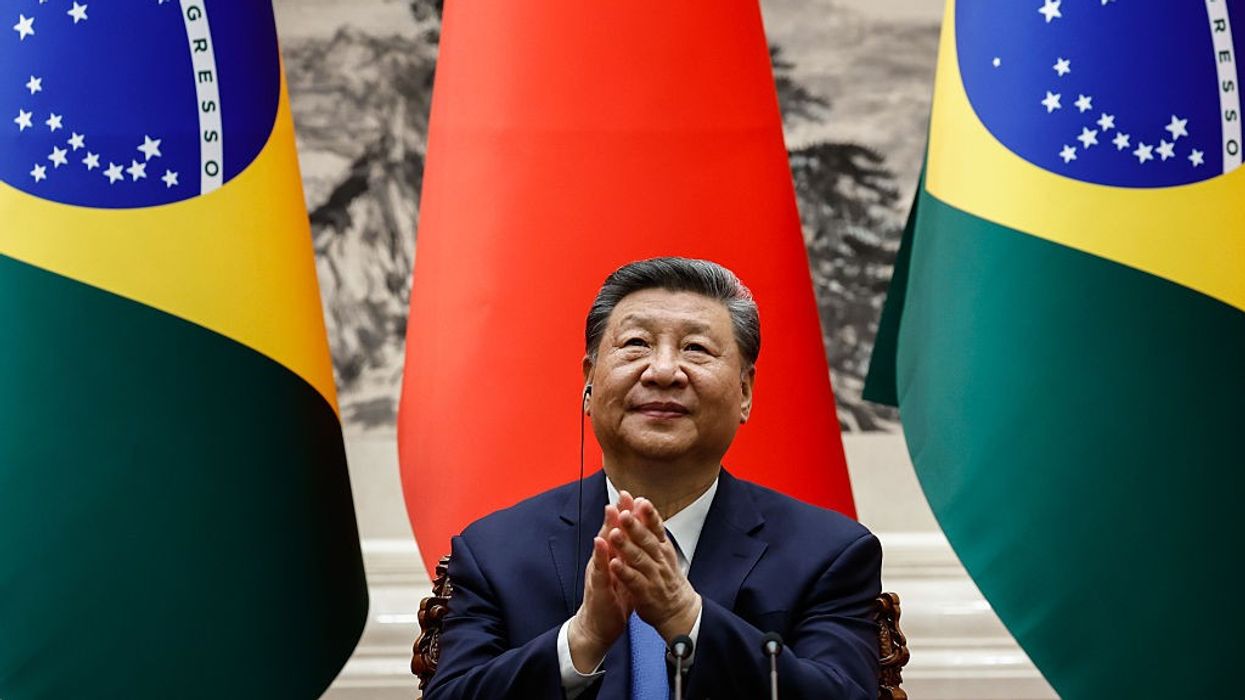

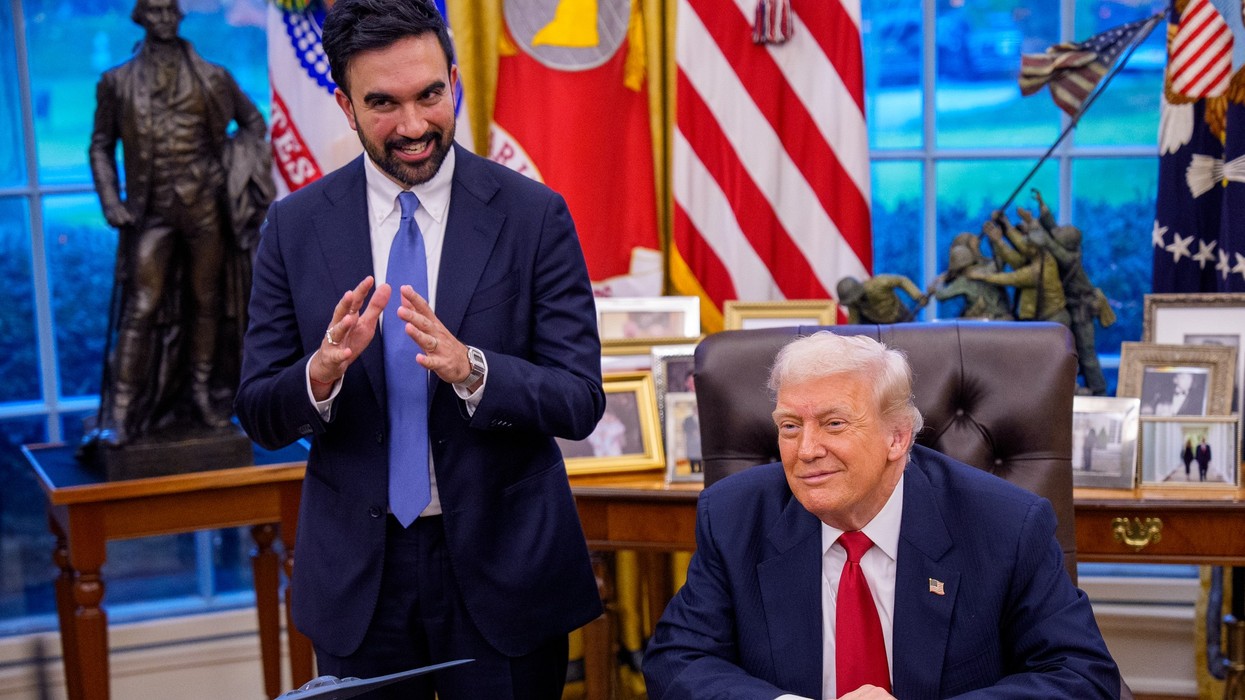
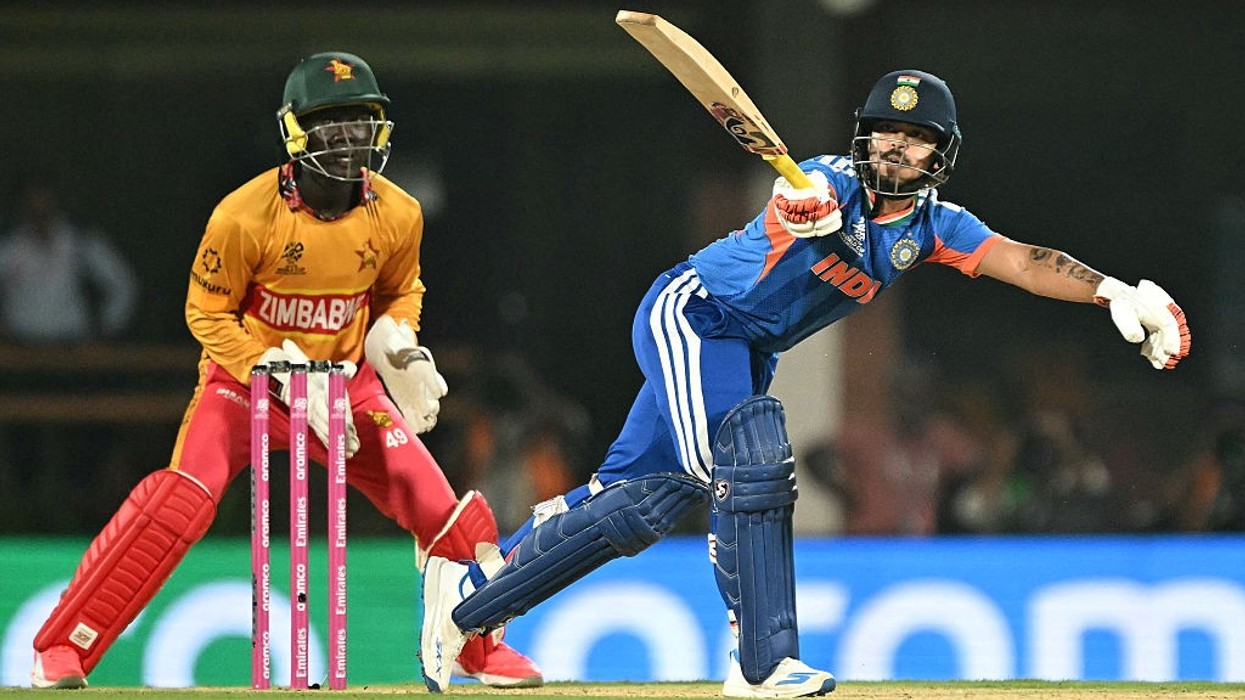
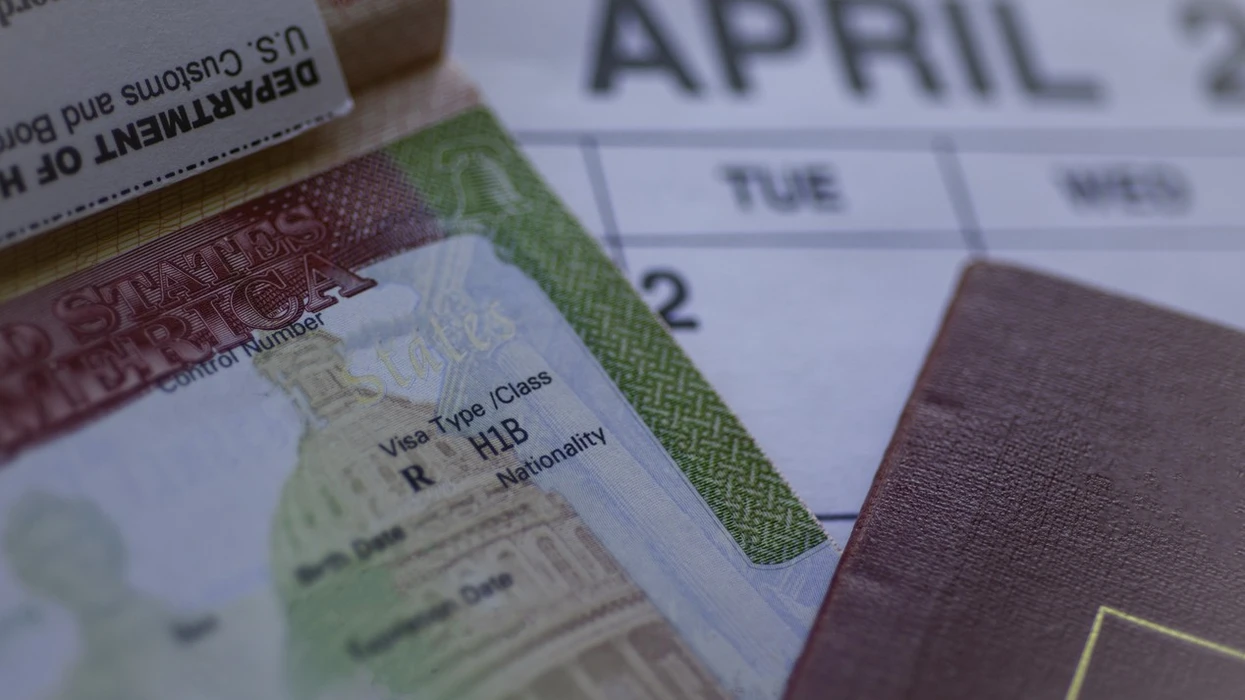
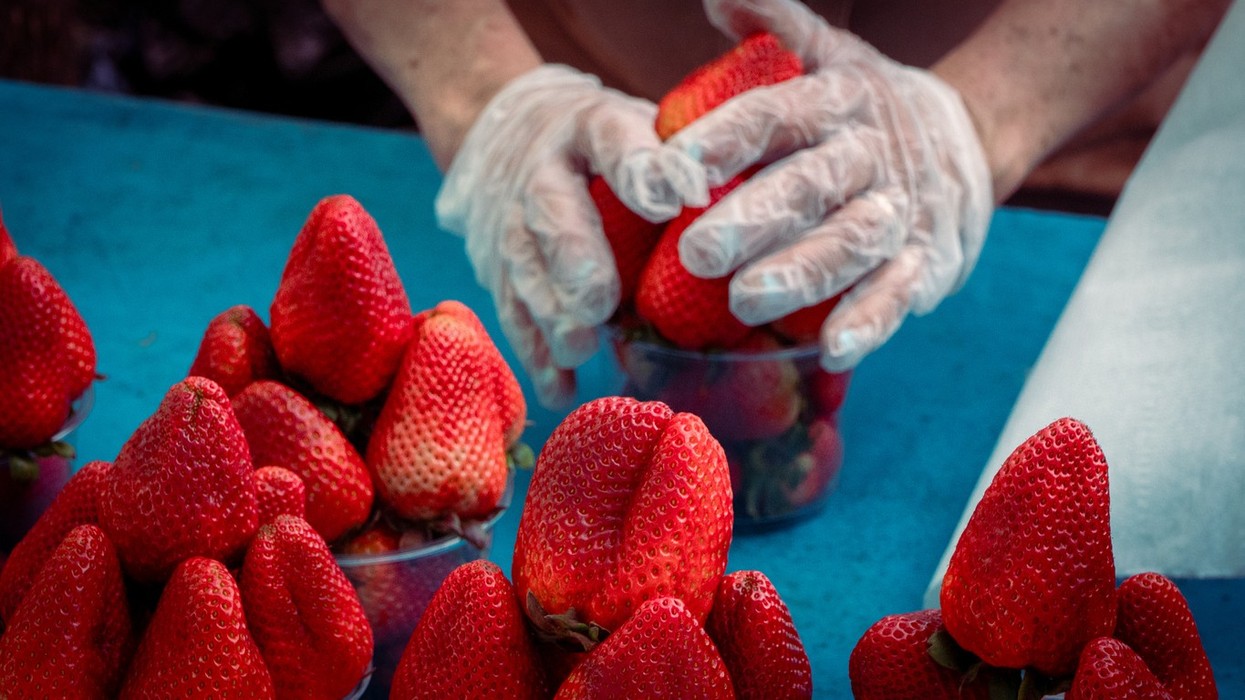


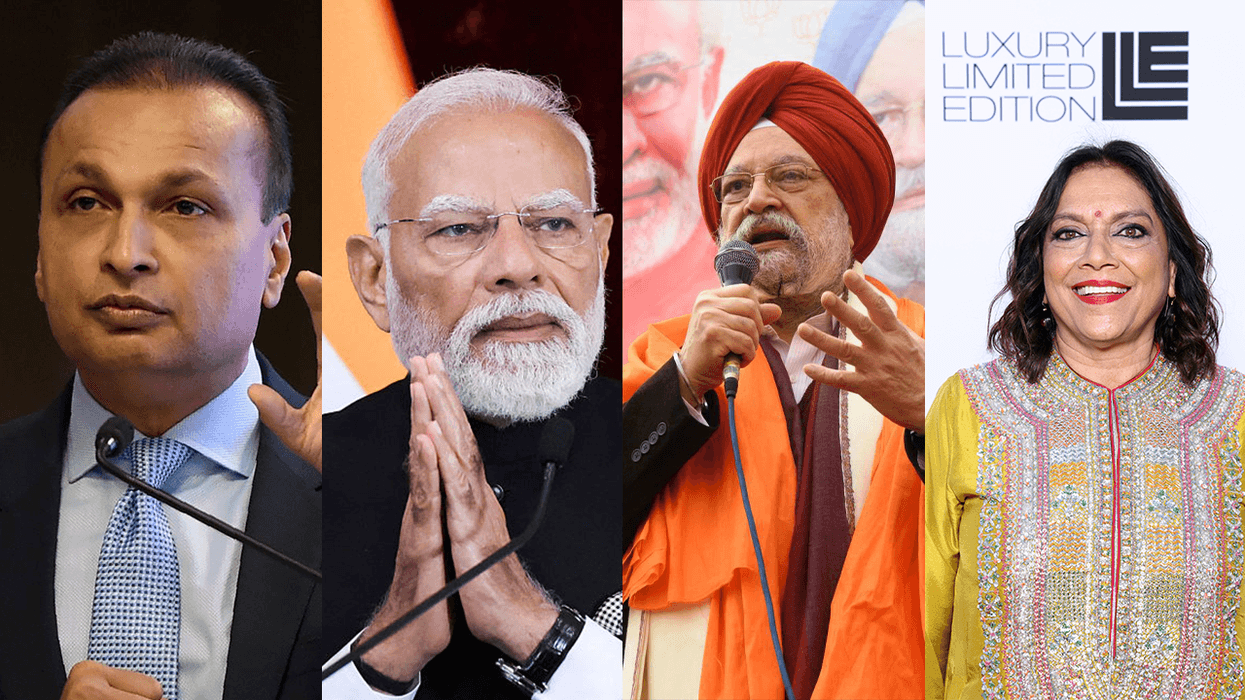


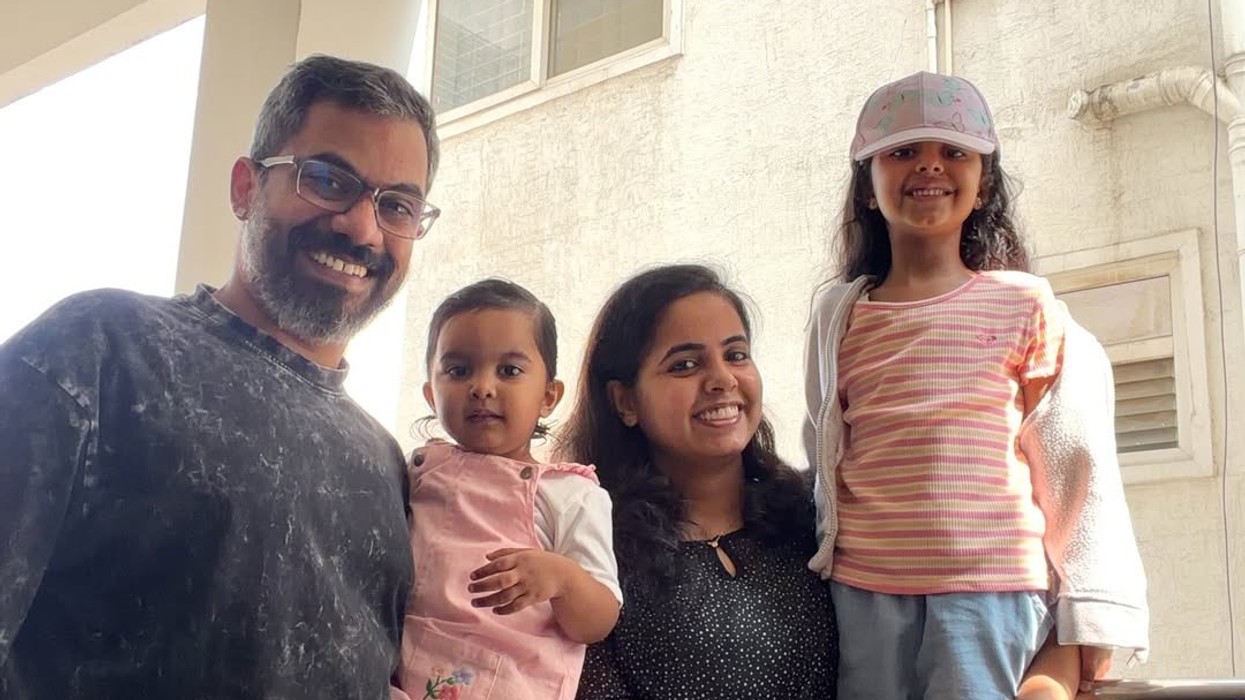
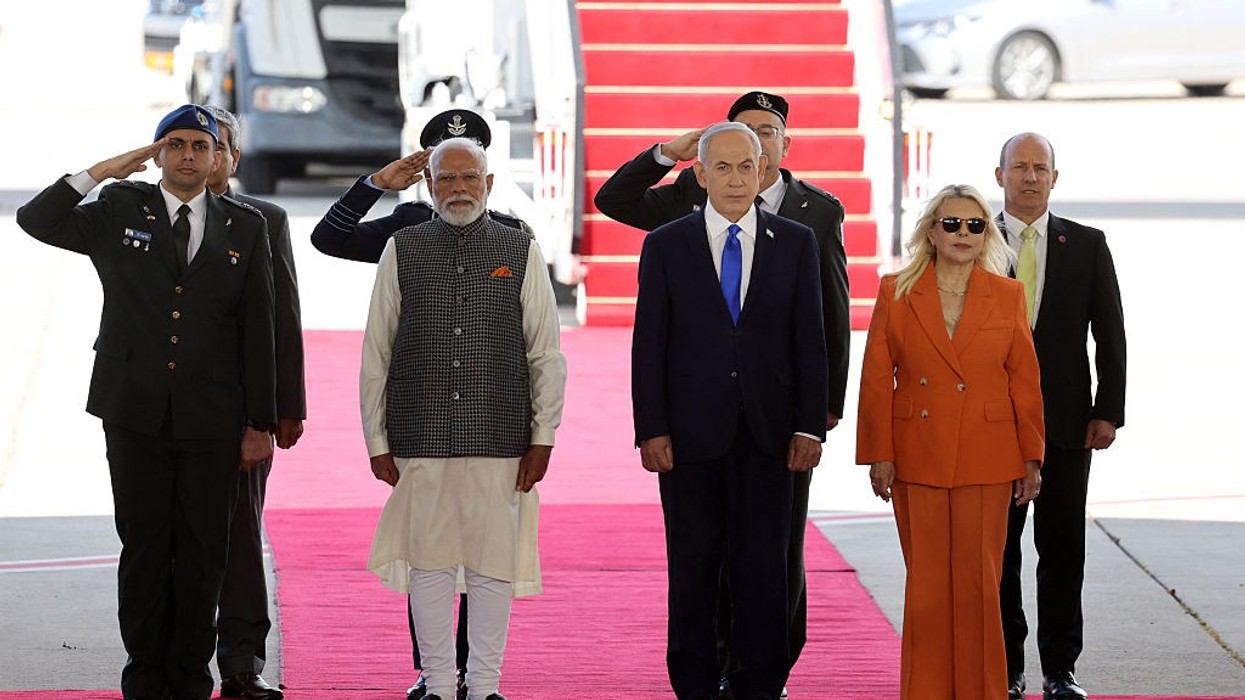
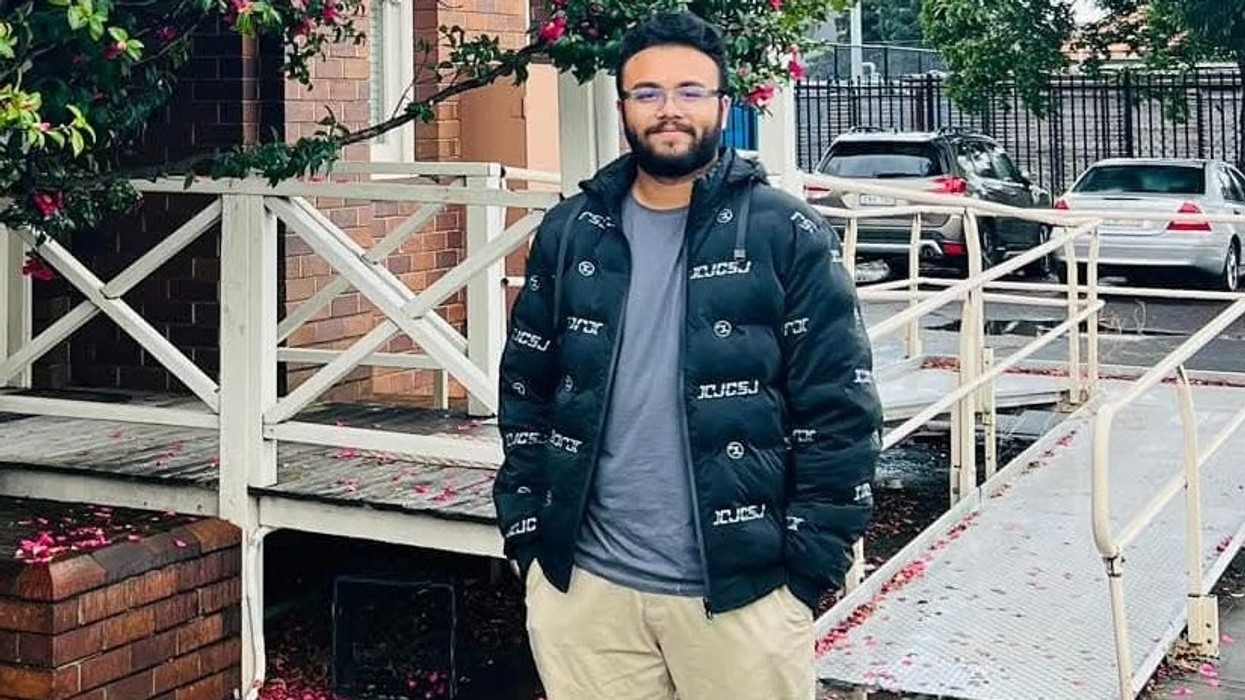
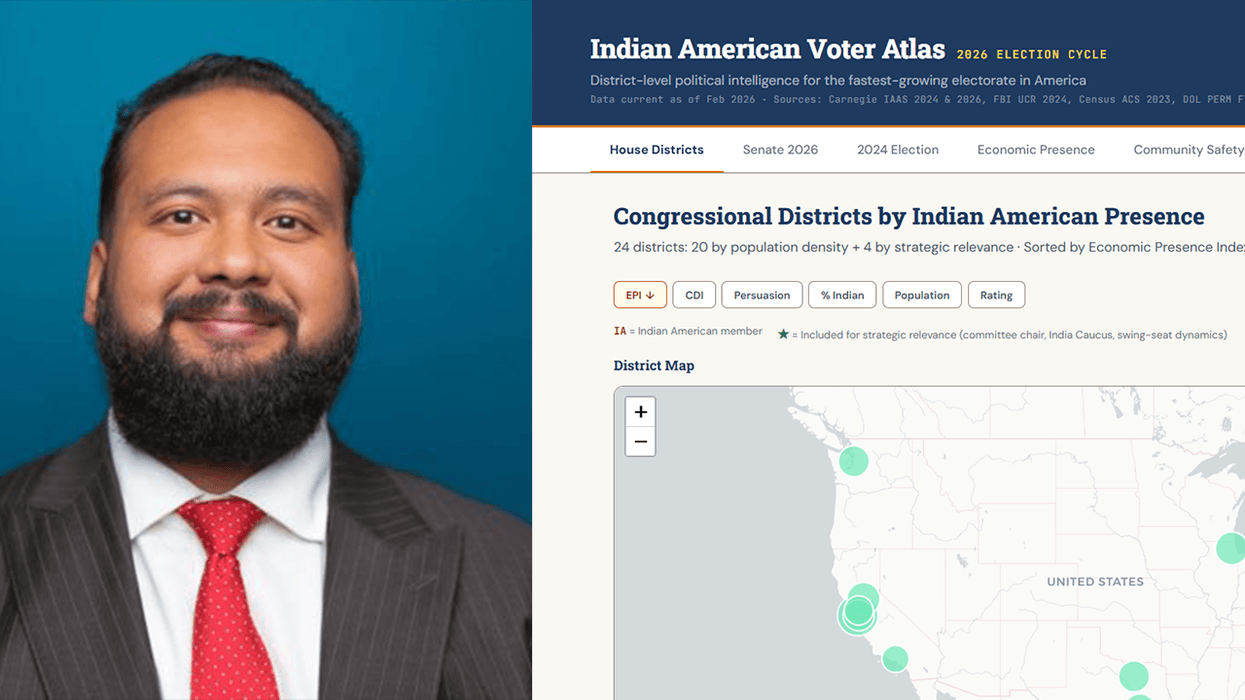
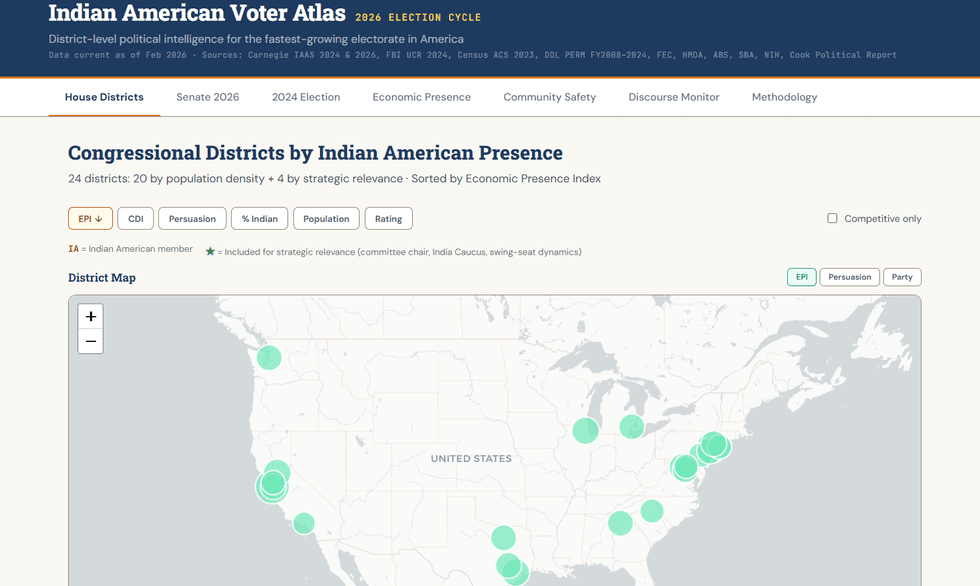 https://www.voteratlas.io/
https://www.voteratlas.io/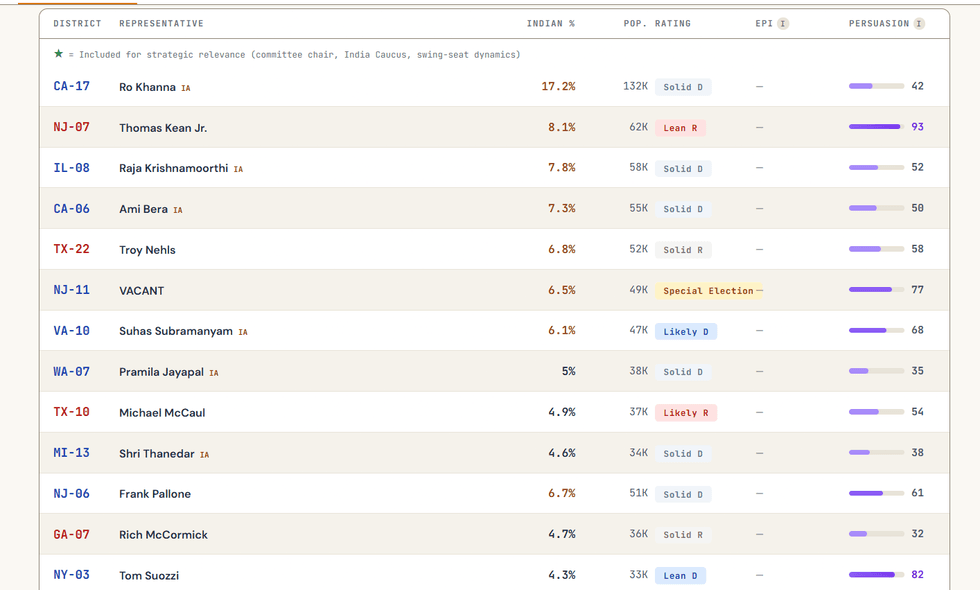 https://www.voteratlas.io/
https://www.voteratlas.io/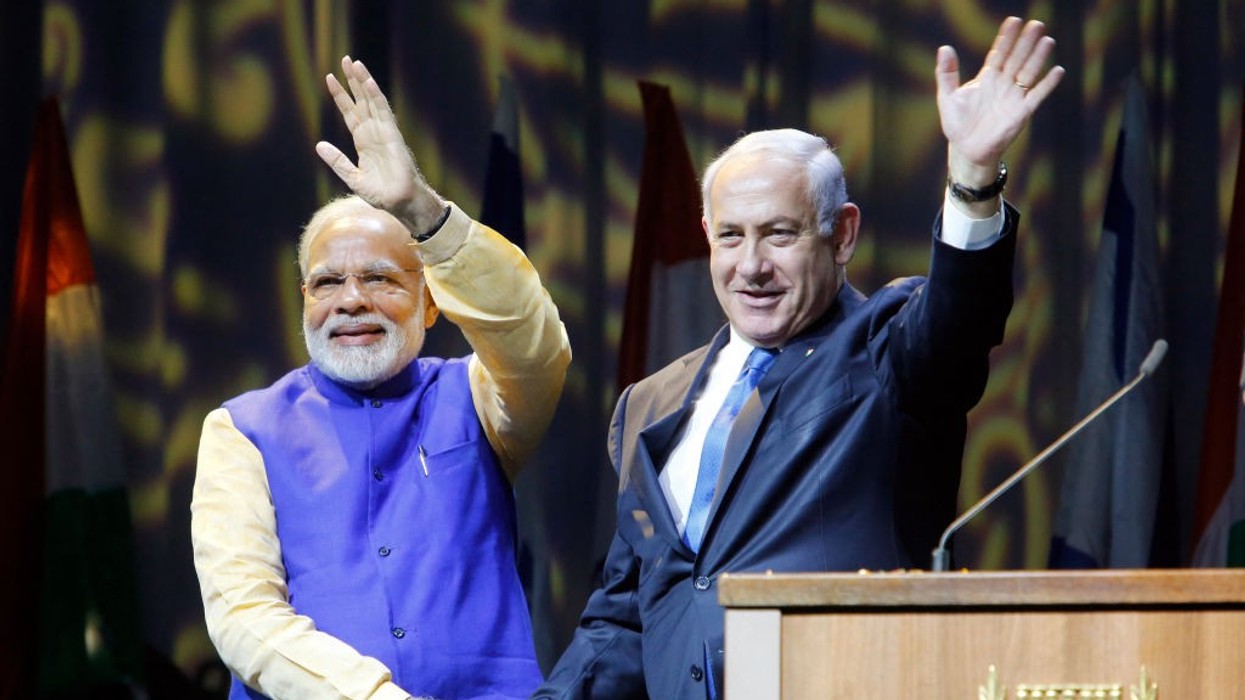
 A historic moment in Israel. The parliament erupted in applause and echoed with ‘Modi, Modi’ chants as PM Narendra Modi prepared to address lawmakers, highlighting the deep ties and admiration… | Times Now
A historic moment in Israel. The parliament erupted in applause and echoed with ‘Modi, Modi’ chants as PM Narendra Modi prepared to address lawmakers, highlighting the deep ties and admiration… | Times Now